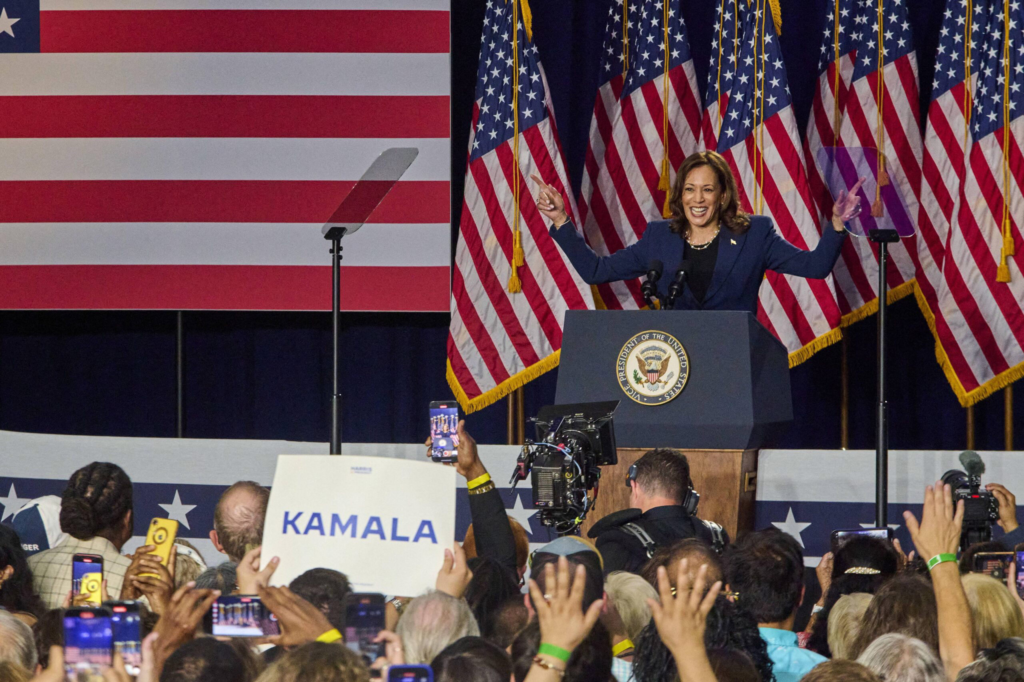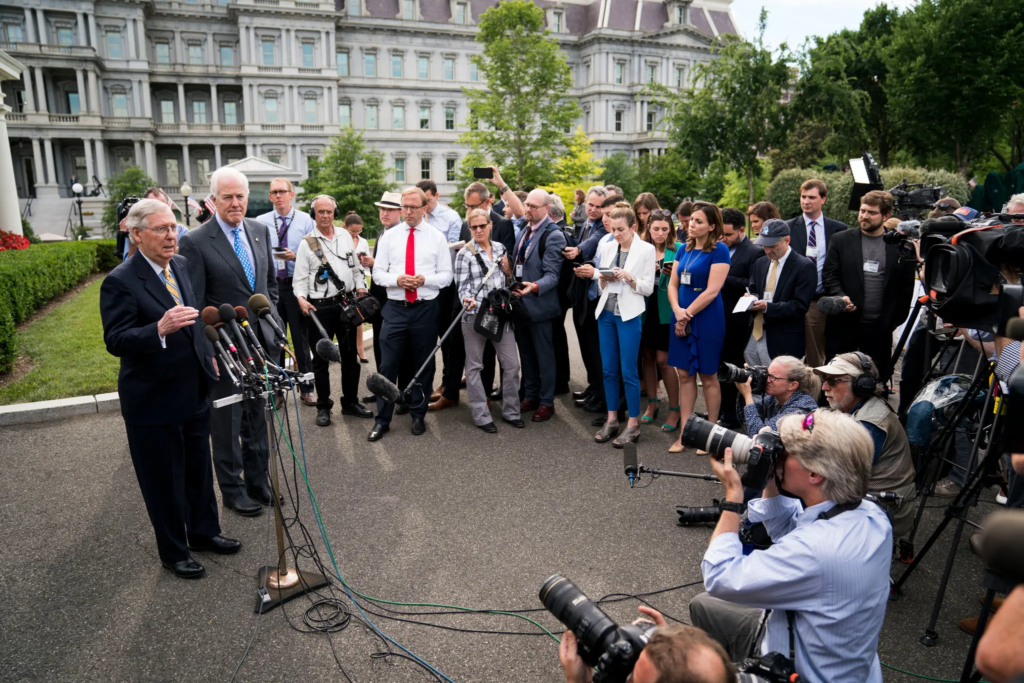Lawmaker Spreads Misleading Republican Approval Poll Claims In recent political news, a lawmaker has come under scrutiny for spreading misleading information about Republican approval polls. This has created confusion among voters and political watchers alike, raising serious questions about honesty and integrity in political communication. Understanding the facts behind these polls and the context in which misleading claims are made is important for anyone following American politics today.
What Is the Republican Approval Poll?
The Republican approval poll is a survey that measures the public’s approval or disapproval of the Republican Party or its leaders. These polls are conducted by various organizations, including news outlets, research firms, and polling companies. The results offer insight into how the public feels about Republican policies, elected officials, and the party’s overall direction.
Polls can influence public opinion and political decisions, so accuracy and transparency are crucial. When poll results are misrepresented, it can mislead voters and distort democratic processes.
How the Lawmaker Misled the Public
The lawmaker in question shared poll results that claimed a much higher approval rating for Republicans than the data actually showed. This included selective use of statistics and ignoring important context like the margin of error or the methodology behind the poll.
For example:
- Citing only favorable numbers while ignoring sections where approval was low.
- Using outdated or incomplete poll data to create a more positive impression.
- Presenting numbers without mentioning the date or sample size, which are important for accuracy.
Such tactics can make it seem like the Republican Party enjoys stronger support than it actually does, which could influence voters and political allies unfairly.

Why Misleading Polls Matter
Misleading polls can have serious consequences:
- Voter Confusion: Voters may make decisions based on incorrect information, which undermines the democratic process.
- Media Impact: News outlets that rely on these misleading claims might spread them further, compounding the problem.
- Political Strategy: Parties may adjust their strategies based on false data, leading to ineffective campaigns or misallocation of resources.
- Public Trust: Repeated misleading information erodes trust in politicians and the polling process itself.
Understanding Poll Accuracy
Polls are complex tools and need careful interpretation. Here are some basics to keep in mind:
- Sample Size: Larger samples tend to produce more accurate results.
- Margin of Error: This tells you the range within which the true value likely lies.
- Question Wording: How questions are asked can influence responses.
- Timing: Polls taken before major events or news can quickly become outdated.
- Source: Reliable pollsters follow strict standards; not all polls are equally trustworthy.
Ignoring these factors when sharing poll results can easily mislead people.
The Role of Social Media and Political Communication
Social media has accelerated the spread of misleading information. Politicians and their teams often use social platforms to share quick updates or highlight favorable data. However, this speed sometimes comes at the cost of accuracy.
When a lawmaker shares misleading poll data on social media:
- It reaches a wide audience rapidly.
- It can be difficult to correct once misinformation spreads.
- It may encourage supporters to believe in a narrative that doesn’t reflect reality.
Combating misinformation requires vigilance from journalists, watchdog groups, and voters themselves.
What Can Voters Do?
Voters have the power to protect themselves from misleading information by:
- Checking Multiple Sources: Don’t rely on a single poll or news outlet.
- Looking for Transparency: Trust polls that share their methodology clearly.
- Questioning Surprising Results: If a poll’s numbers seem unusually high or low, investigate further.
- Following Fact-Checkers: Many organizations verify claims made by politicians regularly.
- Engaging in Discussions: Talking with others can help spot inconsistencies or bias.
Being informed and skeptical helps maintain a healthy political environment.

The Political Fallout
The lawmaker’s misleading claims have caused reactions across the political spectrum:
- Criticism from Opponents: Opponents accuse the lawmaker of deliberately spreading falsehoods.
- Calls for Accountability: Some demand explanations and retractions to maintain trust.
- Support from Allies: Some supporters argue that the focus on accuracy is politically motivated.
- Media Coverage: News organizations have covered the controversy, analyzing the data and the impact.
This situation highlights ongoing challenges in political communication today.
Why Accurate Poll Reporting Matters for Democracy
Polls are not just numbers; they influence how citizens and leaders behave. Accurate poll reporting:
- Helps Voters Make Informed Choices: Voters understand the political landscape better.
- Encourages Honest Campaigns: Candidates focus on real issues rather than false perceptions.
- Strengthens Institutions: Trust in democracy grows when information is clear and truthful.
- Supports Media Integrity: Journalists can report with confidence and authority.
Misleading polls undermine these benefits and hurt the democratic process.
Conclusion
The case of a lawmaker spreading misleading Republican approval poll claims is a reminder of the importance of honesty and transparency in politics. Polls are valuable tools but must be handled responsibly. Voters, journalists, and politicians all share the responsibility to ensure accurate information circulates. Only then can democracy thrive with an informed and engaged public.
Do Follow USA Glory On Instagram
Also Read :Skills-Based Hiring: Why Abilities Matter More Than Credentials






